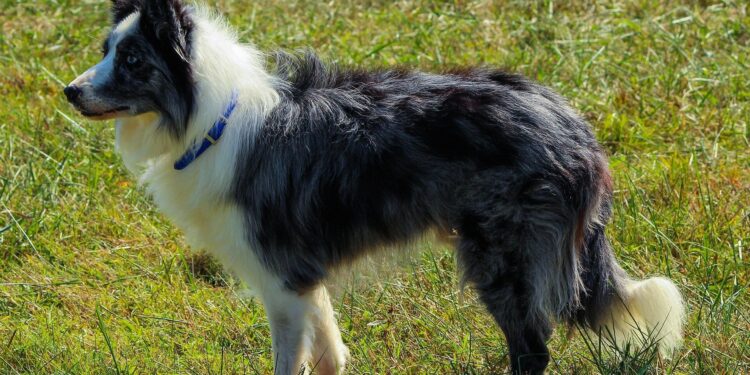Credit: Public Pixabay / CC0 domain
Two scientists from the life of the National University of Gyeongsang and a geneticist from the National Institutes of Health, in the United States, identified the canine genetic imprint that makes natural dog breeders. In their study published in the journal Scientific advancesHankyeol Jeong, Elaine Ostrander and Jaemin Kim carried out a sequencing of the whole genome and compared the phenotypic features of breeding and non -chanrential breeds to find those associated with the characteristics generally associated with farming dogs.
Previous research and a long history of reproduction has led to large -scale physical, emotional and intellectual traits and intellectual capacities in dog breeds. A group, breeders, is known for their intelligence, their social skills, their obedience, its beautiful motor skills and their desire to continue but not to kill. In this new effort, the team working in South Korea sought to find the variants of genes in dogs responsible for these traits. To this end, they carried out a large -scale genetic sequencing, looking at whole genomes of 12 breeds of herds and 91 non -chased races.
While comparing the genomes between races, the team used the NHGRI -EBI GWAS catalog – a database of human genes associated with different phenotypes – for enrichment analysis. The team has isolated the canine genes which, according to them, can be linked to the features that make good breeding dogs. Among these, they found that the EPHB1, which was associated with spatial memory, had a significant variation between the herd races.
They note that there are different types of breeding dogs, which use different tactics and skills sets on the herd – for example, lower dogs can be considered as a subcategory in breeding breeds. In their work, the team has concentrated most specifically on the Collie border because of its reputation for one of the most intelligent dog breeds, which also makes it one of the best breeders.
Researchers note that their work was not only aimed at learning more about dogs and how they troop, it was intended to make breakthroughs a better understanding of associations between genes of genes and behavioral features in animals in general and humans in particular.
More information:
Hankyeol Jeong et al, genomic evidence of the behavioral adaptation of breeding dogs, Scientific advances (2025). DOI: 10.1126 / SCIADV.ADP4591
© 2025 Science X Network
Quote: Genetic analysis reveals key variants linked to breeding skills in border and other races (2025, May 2) recovered on May 4, 2025 from
This document is subject to copyright. In addition to any fair program for private or research purposes, no part can be reproduced without written authorization. The content is provided only for information purposes.



